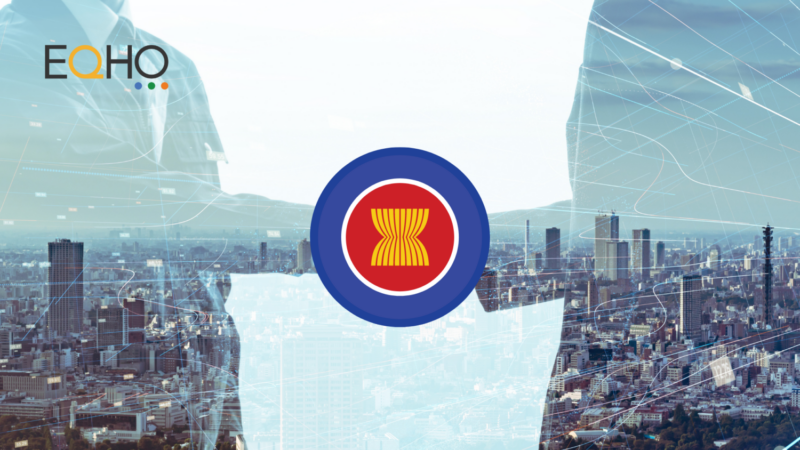ASEAN (the Association of Southeast Asian Nations) and Japan recently reaffirmed their commitment to exploring areas of mutual interest.
The two have had a long-standing relationship dating back 40 years and they will now be focusing on three areas of common interest – political security, economic and socio-cultural cooperation – in what represents a positive move for both parties. In 2011, total bilateral trade amounted to $248 billion.
Closer collaboration
Japan has been a big supporter of the ASEAN Economic Community (AEC) for a long time, which ASEAN hopes will offer free movement of goods, services, investment, skilled labor and a freer flow of capital for the ten regions involved in the body once it is operational.
The AEC is due to start on December 31st 2015, which is one year behind the original date for the project to be realized. However, hopes remain the region will become a much more attractive place for businesses keen to expand their international portfolios as a result.
As an example of the close ties between the two parties, the Japan-ASEAN Integration Fund 2.0 is set to be established. This will see $100 million made available to ASEAN from Japan and it builds on the original fund, which is now closed. The money will be used to provide strategic and technical assistance to countries in the ASEAN region.
A localization opportunity
With ASEAN and Japan set to work on areas of mutual interest for the foreseeable future – they first cooperated on synthetic rubber back in 1973 – there will be a continued need for high-quality localization.
Japanese is one of the most complex languages when it comes to translations, as the high levels of expectations of Japanese businesses, coupled with the structure and layout of the language, means diligent planning is required for any project to be successful.
For example, the combination of a high variability of vocabulary and spelling and different writing systems means linguistic errors can happen all too often unless skilled professional translators are used. As part of this process, companies should embrace feedback and use transcreation where appropriate to mitigate against the possibility of a poor quality final product.
The importance of quality standards
As Japan is doing business with an area representing ten different countries – Thailand, Laos, Vietnam, Indonesia, Malaysia, Philippines, Myanmar (Burma), Cambodia, Brunei and Singapore – there will be a requirement for materials to be drafted in a range of different languages.
This is something the Asian localization community, which is already on the rise, needs to be prepared to deal with.
As pointed out by Richard O'Keeffe, VP of Global Sales at EQHO Communications, the AEC is going to need localization services. "There will lots of legislation, lots of commercial documentation and various directives that will need to be translated into the different languages of the member states".
Now, more than ever before, Asian localization agencies should be making sure they are confident of delivering top-quality Japanese translations.



